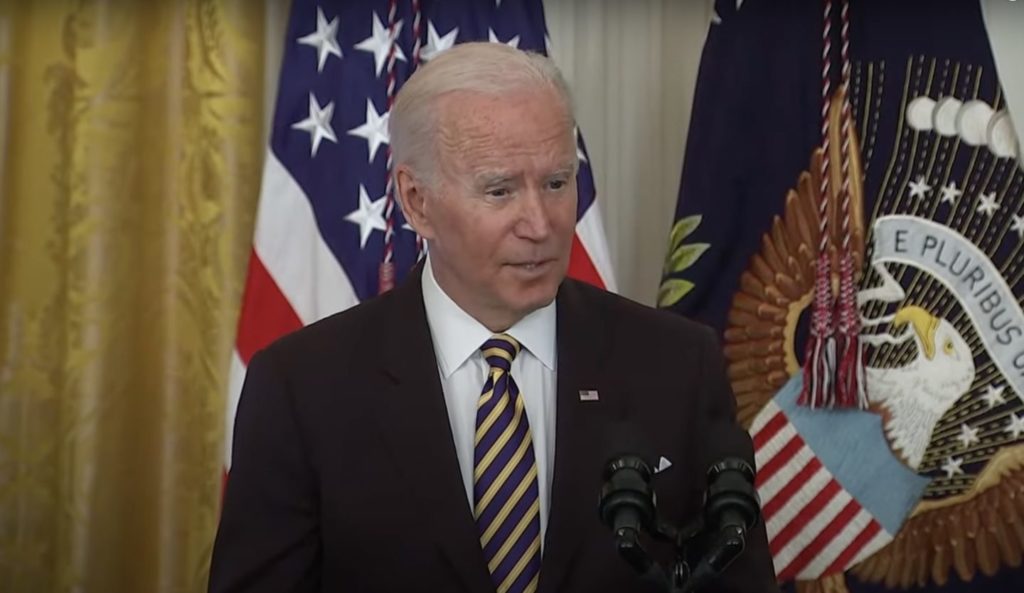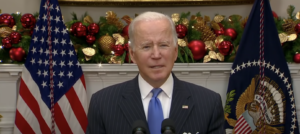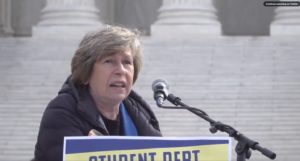‘Unlawful pause’ on student loans cost taxpayers $150 billion
(The Center Square) –A new lawsuit challenges the U.S. Department of Education’s “unlawful pause” on federal student loan payments that have cost taxpayers $150 billion from lost…

(The Center Square) –A new lawsuit challenges the U.S. Department of Education’s “unlawful pause” on federal student loan payments that have cost taxpayers $150 billion from lost interest.
The lawsuit, filed in the U.S. District Court for the Eastern District of Michigan by the New Civil Liberties Alliance and the Mackinac Center for Public Policy, says Congress lawfully suspended monthly payments and interest accrual on federally held student loans for six months.
However, the lawsuit challenges the legality of the department unilaterally extending the deferment period 30 months past the statutory expiration date of September 2020 without Congressional approval.
Patrick J. Wright, vice president for legal affairs at the Mackinac Center, said perpetual deferment of student loans is “bad policy.”
“Perpetual deferment of federal student loans is bad policy because it shifts the burden from those who took out student loans to those who did not,” Wright said in a statement. “More importantly, it is illegal, as it strips congressional powers and unilaterally hands them to executive bureaucrats. We have a proud history of making sure that the executive branch acts within their constitutional authority, even during a national emergency.”
Congress enacted the Public Service Loan Forgiveness Program in 2007 to help 501(c)(3) nonprofit organizations like the Mackinac Center attract employees with a debt-relief incentive keyed to working 10 years for nonprofits. The lawsuit claims the nonprofits have standing to sue because the suspension of repayment obligations is an unlawful form of debt relief that reduces the incentives PSLF provides and undermines Congress’s goals in enacting that program.
So far, the Department of Education has issued eight separate extensions – most recently in November 2022. The department first relied on economic hardship provisions of the Higher Education Act of 1965; then pivoted to the HEROES Act of 2003; then ceased citing legal authorities and stopped publishing new extensions in the Federal Register. It most recently claimed that it had been relying on the HEROES Act all along.
The lawsuit says that only Congress can categorically suspend repayment obligations for all student-loan borrowers nationwide, and only Congress can cancel the accrual of interest on student loan debt owed to the United States.
The department initially issued a short extension to give Congress more time to extend the suspension legislatively. Still, electorally accountable lawmakers in Congress declined to extend the suspension of payment obligations and interest accrual any further, despite legislating other forms of Covid-19 relief.
NCLA litigation counsel Sheng Li said that the administrative state “lacks the power to extend a debt-relief program beyond its statutory deadline.”
“We know that only Congress may suspend student-loan repayment obligations and cancel interest accrued because it took an Act of Congress to provide such debt relief at the outset of the pandemic,” Li said in a statement. “Congress also enacted a clear six-month deadline for that debt-relief program. The Administrative State lacks the power to extend a debt-relief program beyond its statutory deadline, especially when doing so costs taxpayers over $150 billion.”



